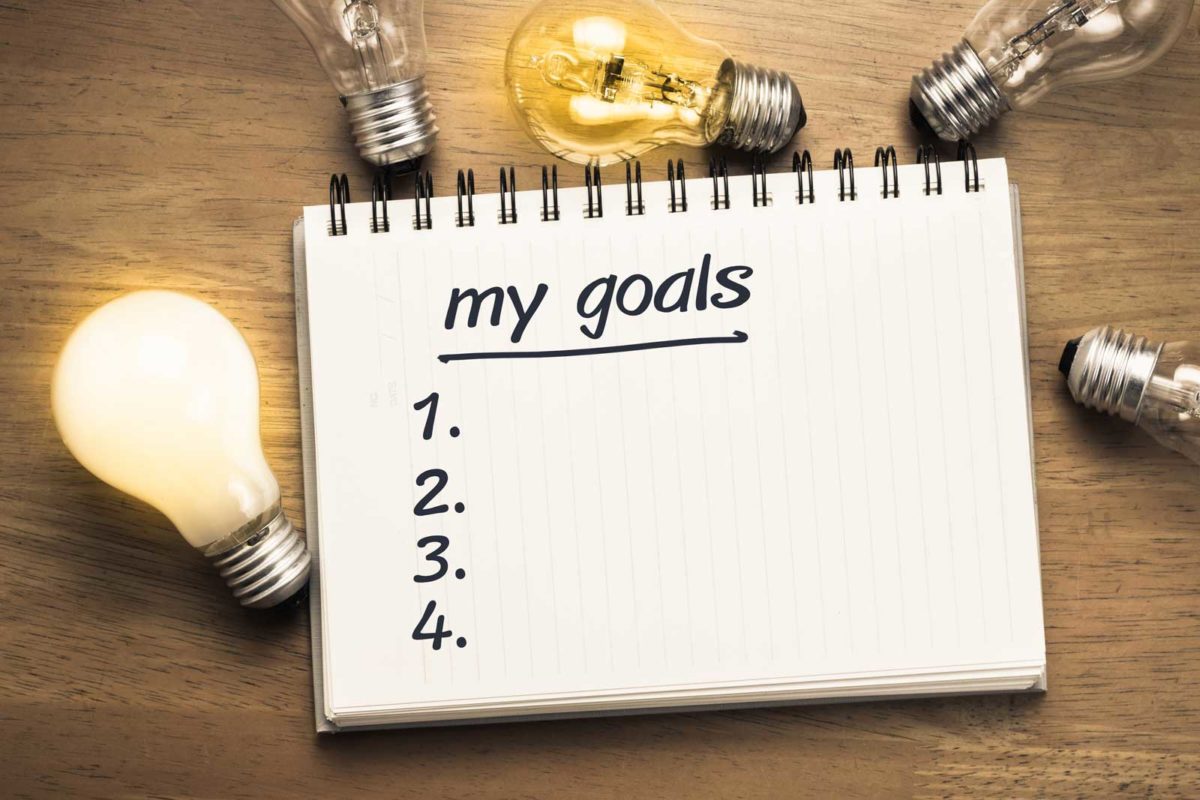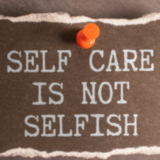Set goals
October 15, 2024 by Musculoskeletal Health Australia

And stay focused and motivated
It’s important to have goals in life. Whether it’s a goal involving travel, a new career, financial security or a goal relating to your health and fitness, having a clear goal – or an endpoint – gives you something to aim for.
But if you find it hard setting goals, and putting in place the steps you need to achieve them, you’re not alone. Here are a few pointers for setting a goal. I’ve used a weight loss goal as an example:
Be as clear as possible about what it is that you want to achieve, and how you’ll do it.
A common acronym used for goal setting is SMART: Specific, Measurable, Achievable, Realistic and Time frame.
Be specific. What is it you’re aiming for? Ask yourself the 5 W’s – who, what, when, where, why. What do you want to accomplish? Why? Who will be involved to help you? When and where will you do this?
You need to be able to measure your goal so that you know when/if you’ve achieved it. Losing weight is not a measurable goal, but losing 5kgs in 8 weeks is. You’re able to track your weight loss and the time frame.
Your goal needs to be something that’s achievable for you. It should challenge you and stretch you a little, but should be something that’s attainable, e.g. losing 20kgs in 2 weeks isn’t achievable, however, losing 5kgs in 8 weeks is.
You need to be realistic – your goal needs to be doable – for you and for your own circumstances. Losing 5kgs in 8 weeks is realistic for you because you’ve discussed it with your doctor, you’re committed (you know it’ll help ease your pain), you’ve enrolled in a weight loss class for information and support and you’ve joined a water exercise class so that you can exercise without making your knees more painful.
Your goal should have a time frame. Losing weight someday is not a timed goal. Having a time frame, e.g. 8 weeks, gives you motivation and helps keep you on track.
Using the SMART system, write down your goal and the steps you need to get there. Stick it on your fridge, bathroom mirror or someplace you’ll see it often. Refer to it regularly. If you have any hiccups along the way, that’s okay, don’t give up. Just refer back to your goal and move on.
Now that you know how to set a goal, it’s time to think of one of your own. What is it that you want to do or achieve?
Remember to think SMART and you’ll get there in the end! Good luck.










